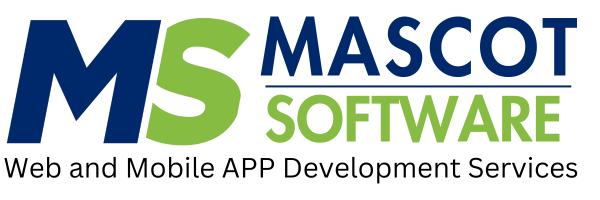
1. PHP: The Versatile Workhorse
PHP developed as a server-side scripting language but has since expanded to become a flexible programming language. Because of its extensive features and simplicity, it's a great option for web development. Software developers may easily create scalable, secure, and maintainable web apps with frameworks like CodeIgniter, Symfony, and Laravel. PHP powers a wide range of applications across sectors, from content management systems to e-commerce platforms.
2. Frontend Revolution: JavaScript and Beyond
An examination of contemporary web development would be incomplete without addressing JavaScript. JavaScript is the web browser's language, which gives programmers the ability to construct dynamic and engaging user interfaces. Frontend development has been transformed by frameworks like React, Vue.js, and Angular, which make it possible to create progressive web apps (PWAs) and single-page applications (SPAs). Building contemporary, responsive web apps is made possible by the combination of PHP and JavaScript frameworks.
3. Data Management: Databases and Beyond
PHP easily interfaces with relational databases such as MySQL, PostgreSQL, and SQLite in the field of data management. NoSQL databases, such as MongoDB and Redis, have become more well-known due to the growth of big data and real-time analytics. These databases provide scalable and adaptable methods for storing and retrieving data. By integrating PHP with databases—both NoSQL and SQL—developers may create solid backend systems that can effectively manage massive amounts of data.
4. Containerization and Deployment: Docker and Kubernetes
Applications are now deployed and managed in a completely new way thanks to containerization tools like Docker. Through the use of lightweight containers to package apps and their dependencies, developers may guarantee consistency throughout various contexts, ranging from development to production. The deployment and scalability of containerized applications are further streamlined by the open-source container orchestration platform Kubernetes. The seamless deployment and scaling that is made possible by integrating PHP applications with Docker and Kubernetes improves dependability and agility.
5. Security and Authentication: OAuth and JWT
Modern web development must prioritize security, particularly in light of the growing number of cyberthreats and data breaches. The industry has come to rely on OAuth and JSON Web Tokens (JWT) for secure authorization and authentication. By using OAuth authentication, users can safely access external services without disclosing their login information. Conversely, JWT offers a small and self-sufficient method for enforcing claims between parties while guaranteeing the secrecy and integrity of data transferred across the internet.
Conclusion: Embracing Innovation in Web Development
In summary, PHP is still a vital tool for web development, but its potency is increased when paired with other state-of-the-art technologies. Through innovation and the use of PHP's synergies with other technologies, developers may build safe, scalable, and next-generation online applications. There are countless chances for creativity and originality when exploring the dynamic world of PHP and beyond, regardless of experience level or level of inexperience with web programming.






